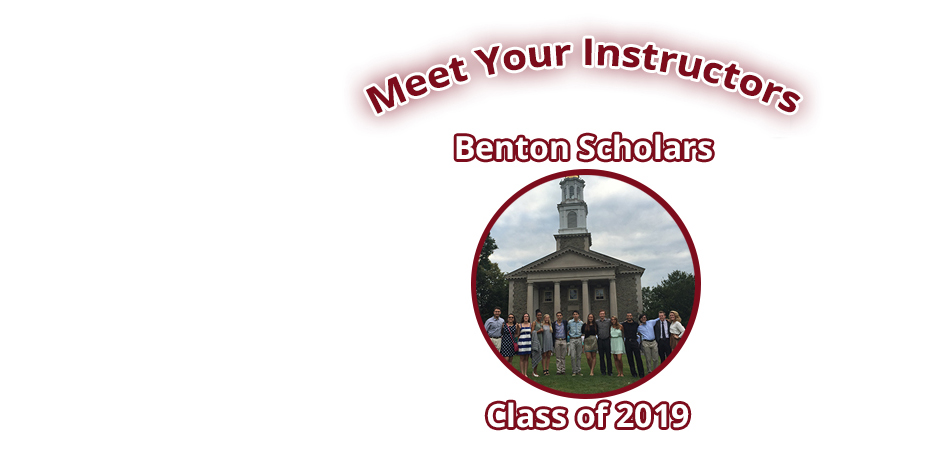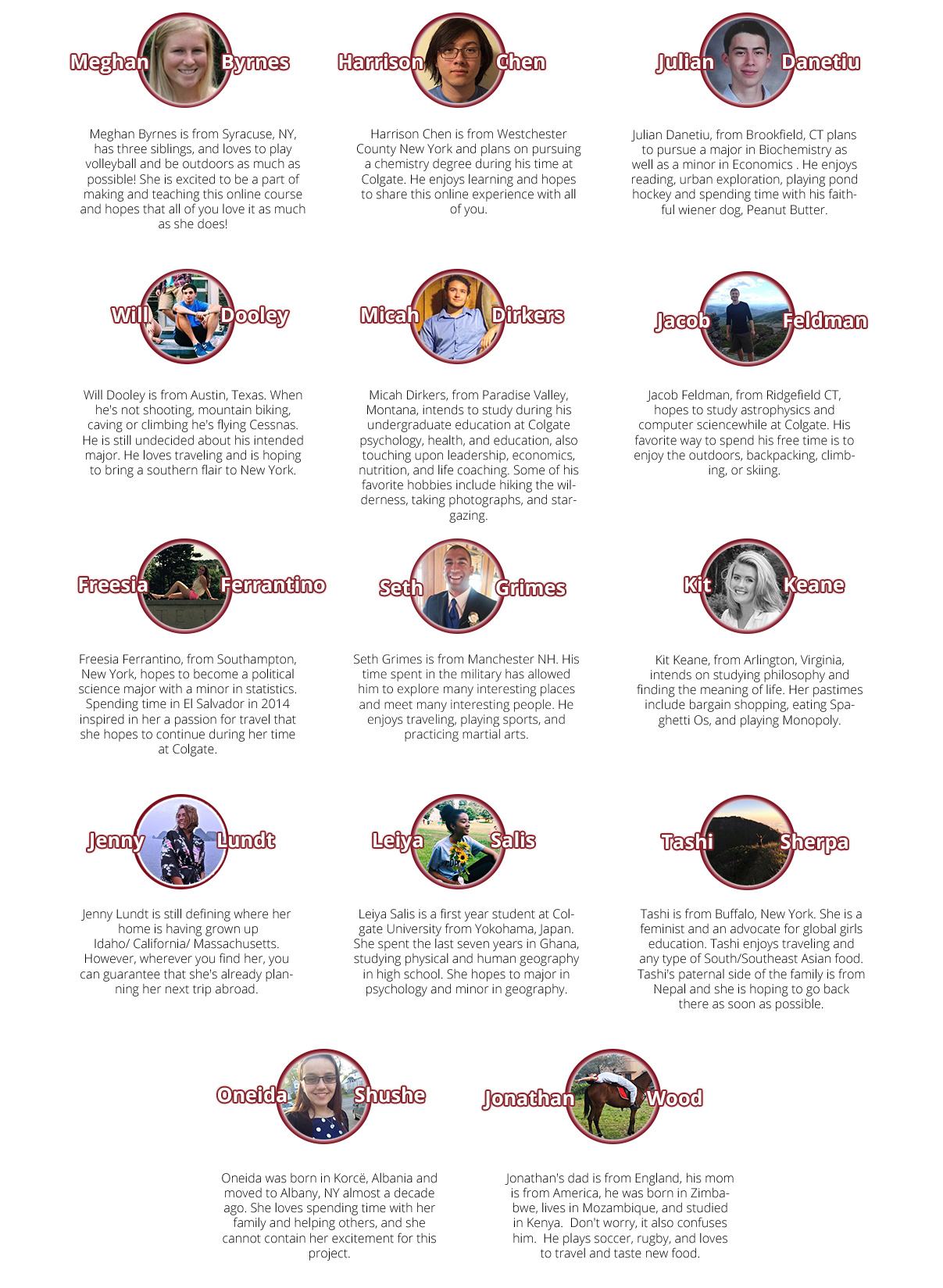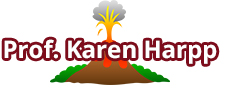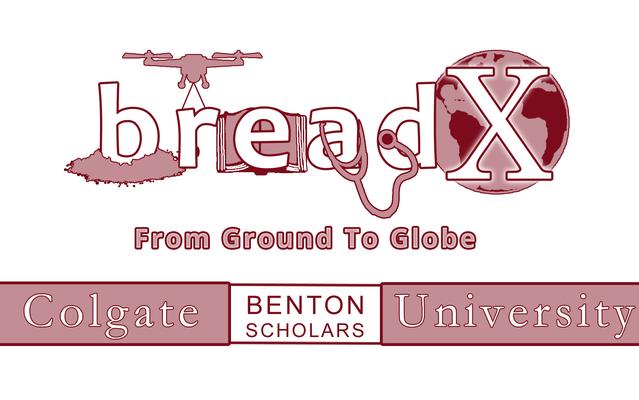
Our topic is bread, for its importance in daily life and its universality. This two-week course, geared toward middle school students (and up!), follows bread from its origins at the ground level, covering its production, distribution, effects on culture, environmental implications, and finally its role in feeding the world.
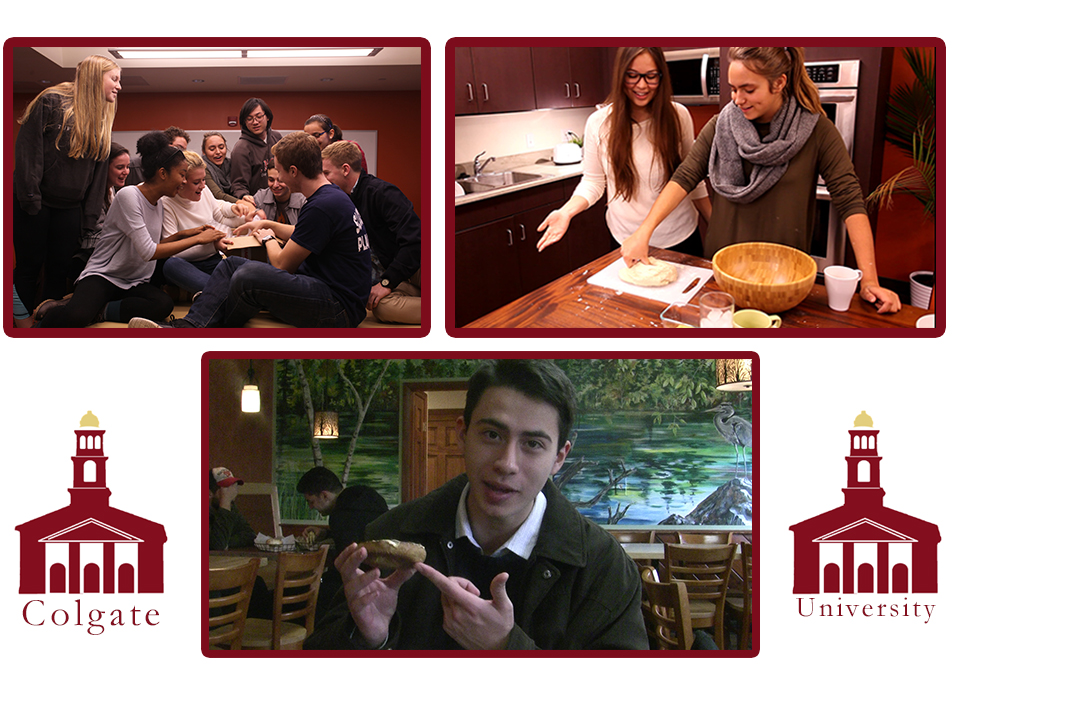
Through the lens of the lifecycle of bread, this course will address many pressing issues of global importance, including the poverty cycle, global food supplies, industrial farming, water supplies, gender roles, and global warming. Students will use bread as a connecting factor to discover that these global questions have local implications, and that individual actions can actually have significant positive impacts. We hope to inspire an enthusiasm to think globally and act locally, and to construct a community of informed global citizens that can make a difference.
This online course is a bit different from conventional ones; it has been designed by students, for students. Unlike most online classes, this one was conceived and produced by first-year students at Colgate University, as a class project.
Please help us by providing us with feedback about your learning experience in this course. At the end of each lesson, you will be able to give us suggestions for how we can improve the educational activities, which we will use for future course development. Your ideas will help us to make online education more dynamic, exciting, and effective.
So please join us in this online course development adventure! We very much welcome your ideas, suggestions, and thoughts, and look forward to hearing from you throughout the course.
